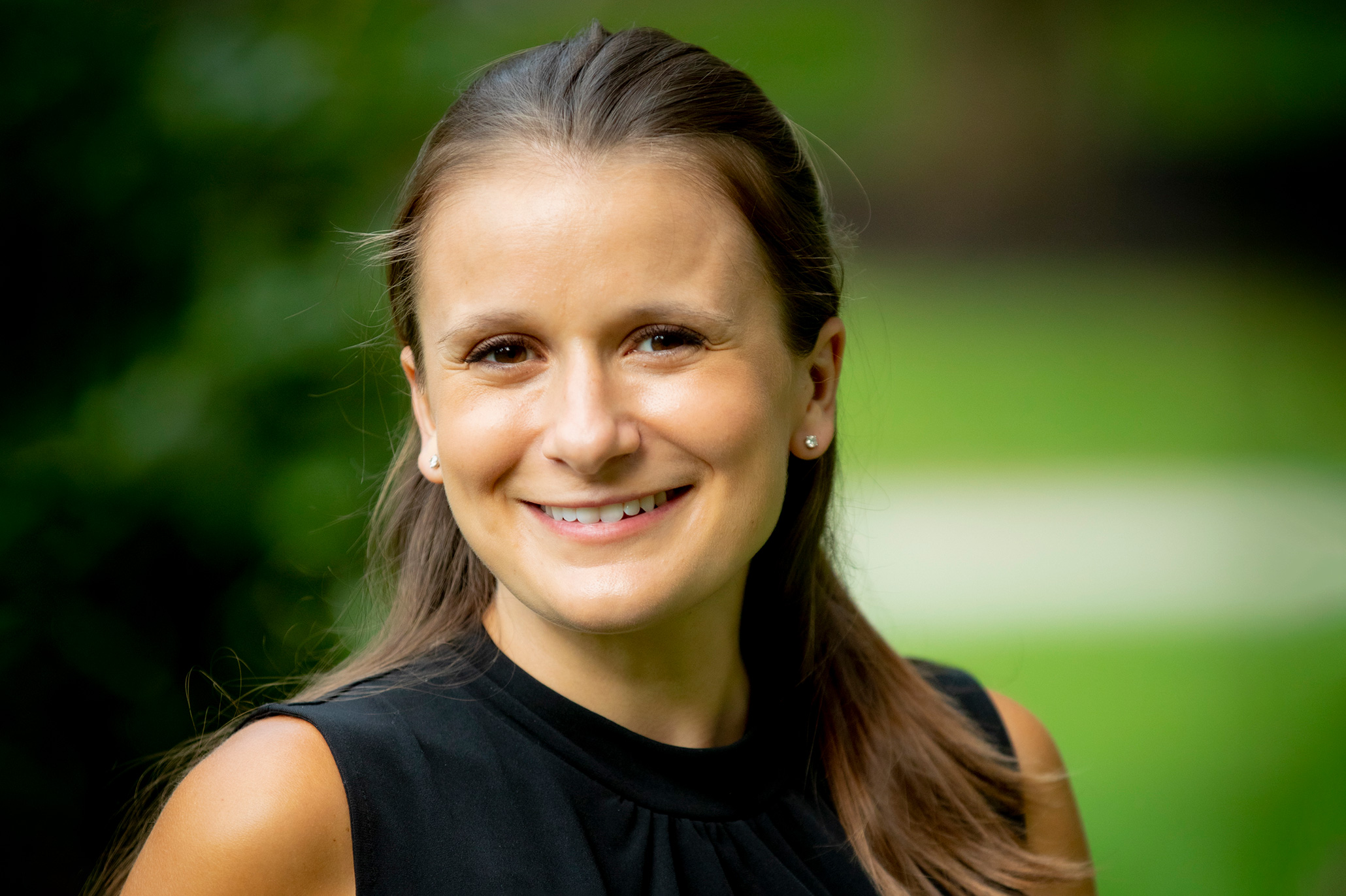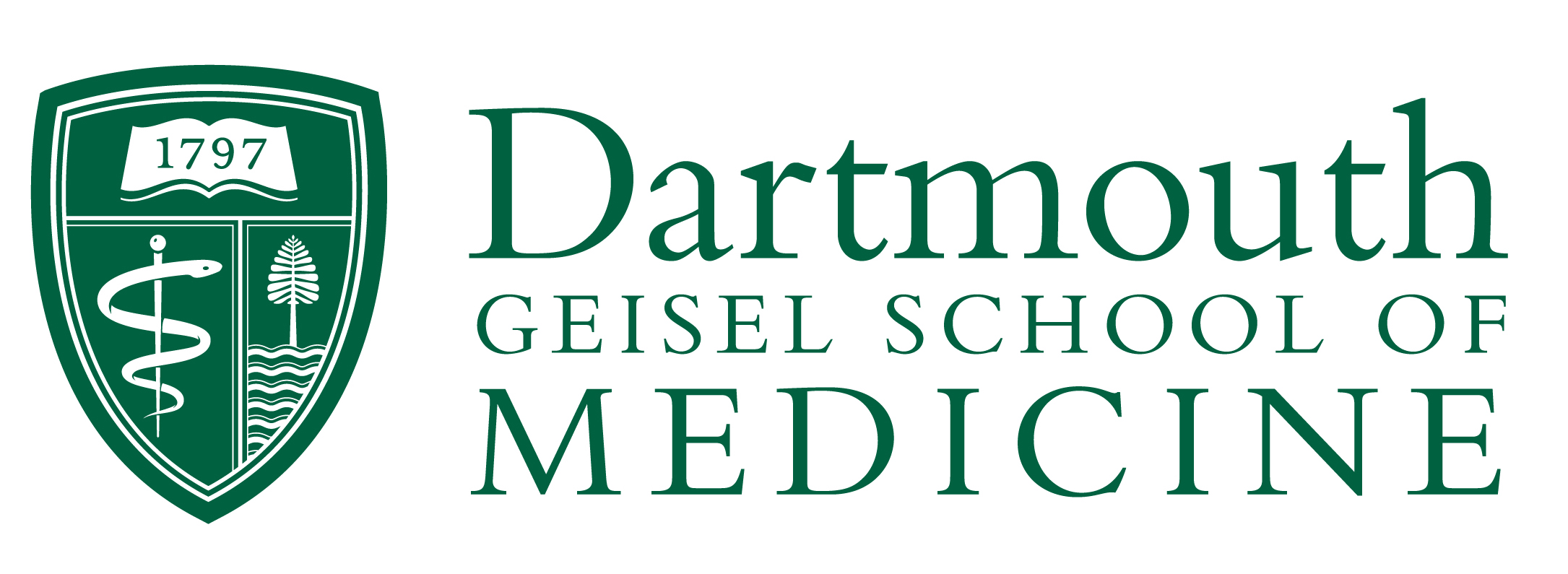
As a project manager in the MassHealth Office of Long-Term Services and Supports, Gaby Fowler MPH ‘22 provides strategic policy and program development support for the state’s Medicaid program. Under normal circumstances, the office is busy, and with the onset of the coronavirus pandemic, the workload has only intensified. Fowler is also an expectant mother, and during the first week of August, she assumed yet another role: graduate student in the Master of Public Health (MPH) program at The Dartmouth Institute for Health Policy and Clinical Practice. “Working fulltime and preparing for the baby while also finding time to watch class modules and take quizzes has been an adjustment,” she concedes with a chuckle.
Still, Fowler is excited to be working toward her master’s degree in this moment, as she is confident it will enable her to become a more effective advocate for the social service programs she values.
Fowler has worked in the public health field since earning her BS in health sciences from Northeastern University. She began as a consultant with Public Consulting Group—a management consultant firm that supports state health and human services programs—focusing on child welfare and juvenile justice initiatives. “I was exposed to policy development and implementation at the state level, which was great because I got to see how federal support affects state programs,” she explains. And because the firm worked with programs nationwide, says Fowler, she was able to see different states’ approaches to public health issues. “I realized that the best way to have a positive impact is to make state programs as effective and efficient as possible,” she observes.
That realization led Fowler to leave the private sector and take a state government position with the Massachusetts Medicaid office. Here, she continues to focus on program administration, albeit for a different population. “Now I’m working on long-term services and support programs for largely an elderly population,” she explains, “but my goal remains the same: to find ways to be as strategic as possible in supporting our users.”
Fowler is confident that pursuing her master’s in public health through Dartmouth’s low-residency program will help her to realize that goal and further her career. “My work up to this point has been more high-level and strategic,” she explains. “Working toward my MPH, I hope to learn how to question the status quo and gain a better understanding of the ways in which underlying factors affect a population.”
And this, Fowler believes, is a skill that Dartmouth will teach her. “One of the things that I heard repeatedly from faculty during my interviews was that the intent of Dartmouth’s program is to force you to question assumptions you thought were correct. Instead of just taking things at face value, you need to ask yourself questions like, ‘What external factors might affect the outcome of this program or initiative?’ That approach appeals to me because I want to become more intentional about questioning situations from a policy perspective.”
Fowler admits she did have concerns about pursuing her master’s in an online/on-campus hybrid program. “I wondered if I would have the opportunity to create relationships with faculty and network with other students, but the faculty made it clear that they prioritize personal interaction, both in our virtual work and during our residential periods on campus.” Fowler says the low-residency program also worked well with her current situation. “I knew that at this point in my life, I couldn’t stop working to attend school fulltime, and Dartmouth’s hybrid approach felt like a good balance. I get face-to-face networking opportunities a couple of times each semester and at the same time don’t disrupt my life too significantly.
“The pandemic has created stress for me, as it has for everyone,” concludes Fowler. Nevertheless, she asserts, it’s an incredibly interesting time to be working, and studying, in the field of public health. “The pandemic has offered me a terrific opportunity to learn about the response to a public health crisis at both a federal and state level, and witnessing the way that information is transmitted and received by the public has been quite educational,” she observes. “I know the knowledge I’ve gained will prove useful as I continue in my career.”
Written by Lori Ferguson




